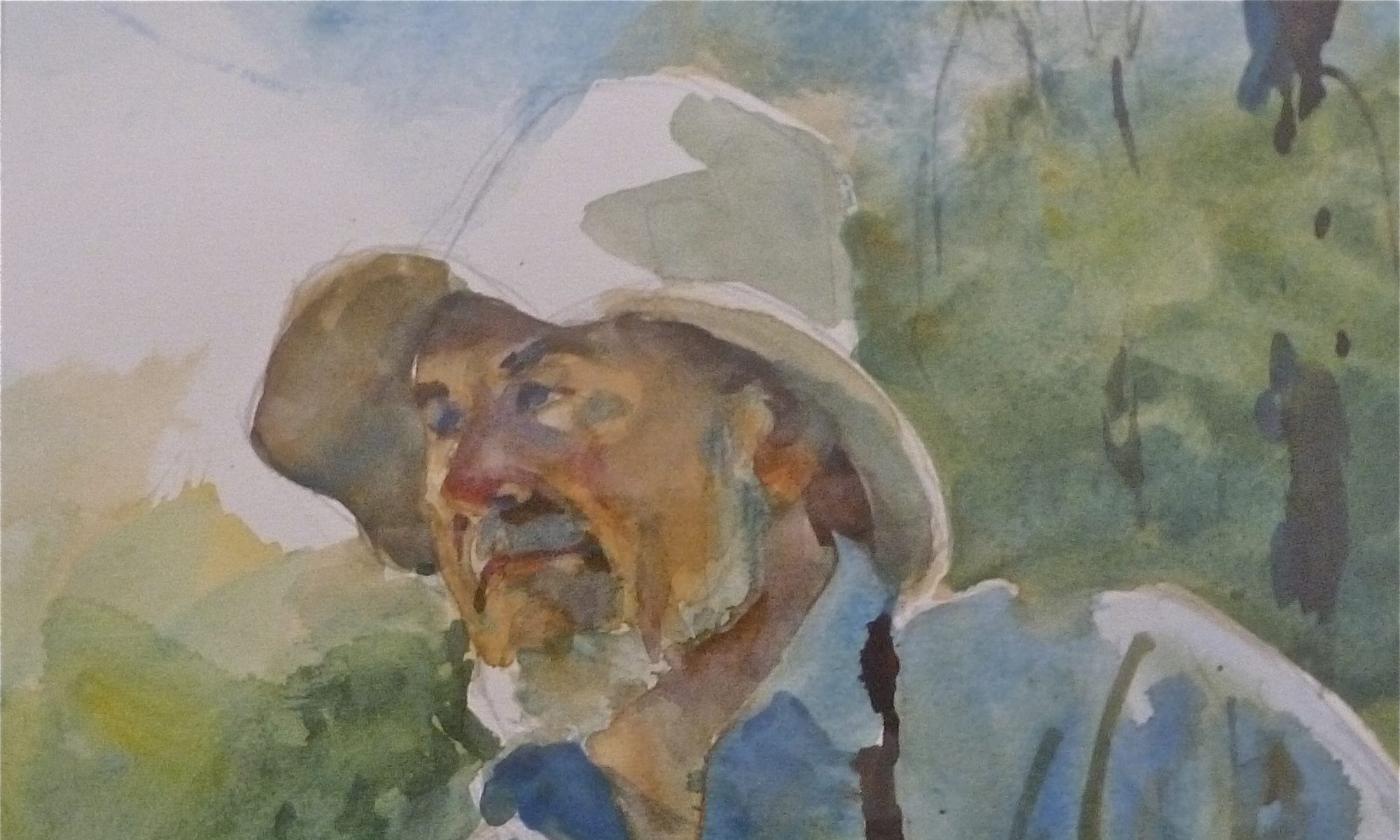Decker was a very hard and dedicated worker. Up early, work ’til noon, home for lunch, most of the time. Back to work at 1pm, and busy until 4pm, or later in the summer.
Decker was a small man and of slight build. He shied away from heavy tasks, leaving the hard labor to Bert and Elmer Fish, his right and left hand helpers.
There was a major job for each season. The main business was the saw mill. Pine lumber was milled from spring to freeze-up.
In the spring, there were interruptions with the cutting of June hay, and, in the fall, cutting of salt hay.

And of course, the summer gardening. Strawberries, raspberries, peas, tomatoes, corn, squash, and other crops.
The winter cash crop was rhubarb. 
There were four long houses in a pine grove just off Pine Street. As I remember, in the mid 50s, only two rhubarb sheds were remaining. Two collapsed from disrepair.
 |
| The smallest shed in 1956. |
Rhubarb shoots were planted in the field next to the sheds in the early summer. They were dug in the fall and stored outside where they would become dormant.
Early winter the plants were placed in trays inside the dark sheds and covered with horse manure and hay. A coal stove was fired off and tended until the plants were forced to sprout tender pink shoots. They were cut and wrapped and taken to the Boston market. That was Decker’s cash crop for mid to late winter.
By 1960, the last remaining sheds fell in and no longer usable. I can remember many clumps of rhubarb growing wild all around where the sheds once were.
Heat from the coal stoves and darkness, forced the shoots.
 |
| Forced shoots are the sweetest.
Collecting rhubarb for market |
by W. Ray Freden, Marshfield, 70 years.
“What New England is, is a state of mind, a place where dry humor and perpetual disappointment
blend to produce an ironic pessimism that folks from away find most perplexing.”
~ Willem Lange
Next! As I Remember Decker Hatch, Part 4: Cutting Salt Hay.

